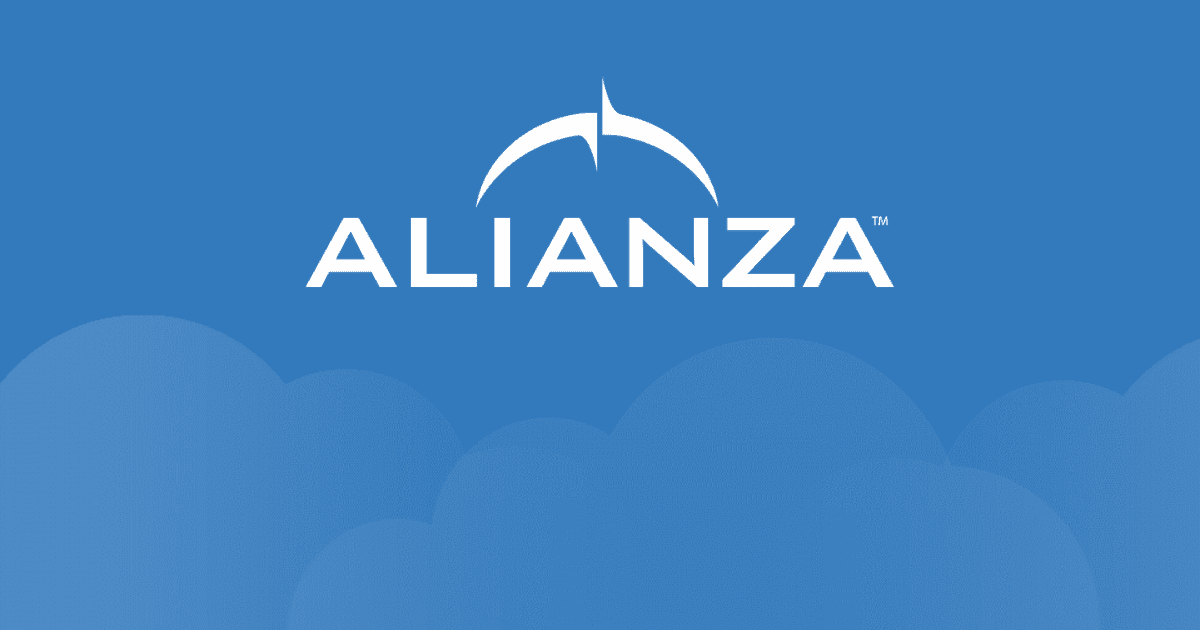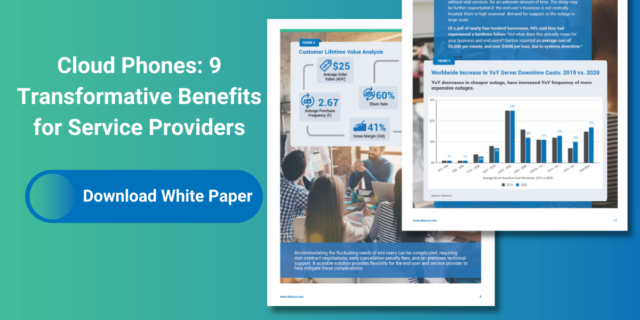Build versus buy is a classic question when it comes to technology adoption. It’s true for enterprises as well as service providers. When it comes to voice, there is a spectrum of classic outsourcing options that include agent resale, reseller VoIP programs, and wholesale hosted VoIP. Now there is a new option: the cloud communications platform.
While sometimes used interchangeably, there are significant differences between the wholesale hosted VoIP and white-label approaches. In this post, I’ll specifically compare cloud communications platforms to the wholesale way based on hosted softswitches.
Wholesale Hosted VoIP History
When it comes to voice, some providers have always been network builders. There was no way to outsource voice before telcos built the PSTN. As technology evolved and markets developed, so too have the service delivery options for VoIP. Cable companies and WISPs were some of the first to fully embrace the wholesale hosted VoIP model to deliver new (at the time) residential or business voice solutions.
Why did providers use this wholesale model? Lack of CAPEX, expertise, or the need for a fast time to market are the general drivers. These providers knew their markets well and combined their broadband with wholesale hosted voice and other services to deliver a compelling set of solutions for their customers.
Some of those service providers stuck with that model and others decided to buy equipment and build their own VoIP networks over time. The building route is not an option for many providers due to the complexity, capital requirements, and organizational investments required.
Cloud Sourcing VoIP with a Cloud Communications Platform
Now with the rise of cloud communications platforms, cloud sourcing next-generation VoIP infrastructure is possible. This model is an evolutionary leap beyond networks built on vendor gear and radically different than previous generation outsource programs. It provides a combination of the builder economics and control with the zero CAPEX and time-to-market speed of the wholesale model. But it also has many other benefits. Let’s explore why it’s different.
The Guts Are Different
Most wholesale hosted providers cobble together solutions using VoIP 1.0 systems from multiple vendors. Some people may also refer to this as a hosted softswitch model, although a softswitch is just one part of a solution. Many of these solutions are built on clunky old-iron gear and aging software; they are nearing end-of-life.
With cloud communications platforms the technology underpinnings are different—custom code, horizontally integrated systems, and virtualized software. You can read more about that difference in this blog post Next Generation Voice Platform – Cloud vs Hosted. This core difference has implications on the operational and business models as well as service agility.
Streamlined Management
Multi-vendor wholesale networks generally result in swivel chair and manual processes due to the disparate systems and lack of API exposure. This slows time to revenue and adds operational costs. It can also lead to a poor customer experience due to errors, slow activation, and lack of flexibility.
Cloud communications platforms are horizontally integrated software solutions (i.e., you aren’t provisioning a number of discrete elements) with a single management interface, including modern APIs to allow for full back-office integration. This means automation for ordering and activation and real-time dashboards for quality, inventory, and customer status.
There are also carrier services (CLEC responsibilities like phone numbers, local and long-distance minutes, and 911) to consider. It’s better if those elements can be managed as a single entity (e.g., building a new customer account includes integrate LNP or phone inventory management) and APIs help here too.
Maximize VoIP Margins
The old-school wholesale approach is multi-vendor and inherently costly. The vendor licenses and overhead is passed directly to the service provider customer in the form of high monthly service fees. Plus many features carry with them distinct licensing fees, driving up costs and making it difficult to build a clear business model. Gross margins are generally 20-40% in this model. Given the voice market pricing pressure, especially on the residential side, more flexibility is required for today’s voice market.
A cloud communications platform provides a turnkey, single-vendor solution without middlemen; the maker of the VoIP software sells directly to the service in a cloud delivery and cloud pricing model. Here the costs are better aligned with retail pricing requirements. Also, given the modern design and ability to leverage cloud-native software, the underlying cost structure is lower than that of wholesalers of yesteryear. The streamlined management also leads to lower TCO and better margins. Margins are more likely to be in the 60-80% range.
Innovate Often
With the third-party vendor dependency in the wholesale hosted VoIP model there is little innovation. The wholesaler must coordinate feature releases and upgrades across multiple vendors (who have their own release schedules) and then test and roll out a new release to its service provider customers. When innovation happens, it happens slowly and it generally means more licenses and costs too.
In the cloud communications platform model, the solution provider owns and writes the code. This means the barriers are lower to delivering new functionality. Innovating features with a cloud delivery model also means frequent micro-releases so that service providers get the functionality they want much faster.
Focus on CSPs
Another difference is management and investment focus. Is it on service provider customers solely or is wholesale a side business and retail runs the show? If you look at the traditional wholesale hosted VoIP approaches, it’s the latter.
Cloud communications platform solution providers exclusively focus on the service provider. That translates into better support, responsiveness, and understanding of the challenges that service providers face.
Summary
Wholesale VoIP was once the way to go for many providers, but given how technology and the market have evolved, service providers can realize better margins, service agility, and customer experience by embracing the cloud.
Read more about the rise of cloud communications platforms in the Cloud Phones: 9 Transformative Benefits for Service Providers white paper.



